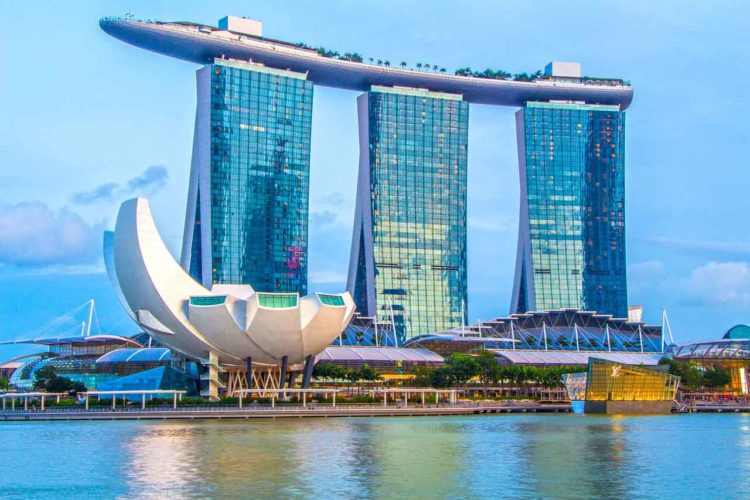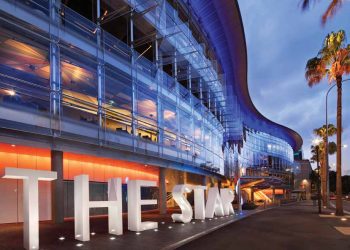Las Vegas Sands has increased the expected hold-adjusted win percentage on rolling play at its Singapore integrated resort Marina Bay Sands (MBS) from 3.30% to 3.70%, citing greater utilization of side bets and more accurate data from the implementation of smart tables for the change.
The update came after MBS reported Adjusted Property EBITDA of US$605 million in 1Q25 – not impacted by rolling play hold which fell right in line with the new 3.70% hold expectation.
The company explained in its results presentation that it had updated its expected hold on rolling play due to the general increase in win percentage it had experienced over the past two years.
Expanding on the change during its quarterly earnings call, LVS Chairman and CEO Robert Goldstein said he also hoped to implement similar adjustments to its Macau properties in the near future, which recently completed the rollout of Angel’s smart tables across its full inventory of baccarat tables.
“The thing [about hold] is that it doesn’t matter if it’s high end or mass, it depends on what your customers play and that’s the reason why we talk about smart tables – it enables you to actually know the hold percentage and not guess whether it’s 3.4%, 3.6% or 4.1%. It tells you specifically and I think that’s the advantage we’re going to have in both Macau and Singapore.
“It depends on the composition of bets – what I call prop bets but are basically [side] bets that better favor the house – and these are what are driving hold percentage. For years people guessed the handle and hold percentage but this takes the guesswork out and makes it mathematically perfect, so that’s our goal – to have that information across both jurisdictions in the future.”
LVS acknowledged that a similar trend is taking place in the mass gaming segment, where actual hold has been creeping up in recent quarters from around 18% to more than 20%, although it will have more visibility on this in the year ahead, according to Goldstein.
“We don’t know [where mas hold will settle] and you can’t know,” he said.
“It’s like sports wagering where sports betting companies have flat bets on if one team wins and the hold percentage is relatively weak but when they make [parlay] bets it soars and I think the same is happening here.
“What we are seeing that across the industry is the development of side bets which is very valuable. We are the biggest baccarat provider in the world so for this company it is very valuable and it will impact EBITDA because the more people bet on these side bets, the more it grows hold percentage.
“Baccarat used to be a pretty flat game at 2.6% or 2.7% – today it’s grown to 3.7% and it could grow to 4% which is hugely valuable to EBITDA and over the next year it will become very clear the exact mathematical number. We won’t be guessing anymore.”




































